To the photovoltaic plants, traditionally, they are installed in flat and open spaces, where the topography of the land is more uniform. However, with the growing demand for solar energy and the scarcity of flat land, the need for develop projects in areas with irregular topography and smaller plots of land.
There are a series of steps required to create a solar plant project. A NTC SOMAR, manufacturer of photovoltaic structures, listed some starting points: the viability study, that is, a prior technical assessment, and the measurements / essay, where the topography, characteristics and resistance of the soil are analyzed. All this to ensure the safety and efficiency of the plant.
It is known that the Brazilian geography, with regard to the relief of the soil, has several distinct characteristics and is formed by plateaus, plains and depressions. Within these units, it is possible to find mountains, peaks, hills, hills, among other shapes.
As there is no flat 100% terrain, Designing photovoltaic systems on steeply sloped terrain presents unique challenges, including the reduction of the useful area of the land (due to areas that may not be used), shading on the modules, which can result in lower energy yield, and loss of revenue.
According to the company, this is precisely why there is generally a clear need to hire earthmoving services, for example. Land leveling can influence and negatively impact the plant's budget and implementation time, as it can alter patterns such as water runoff and soil erosion.
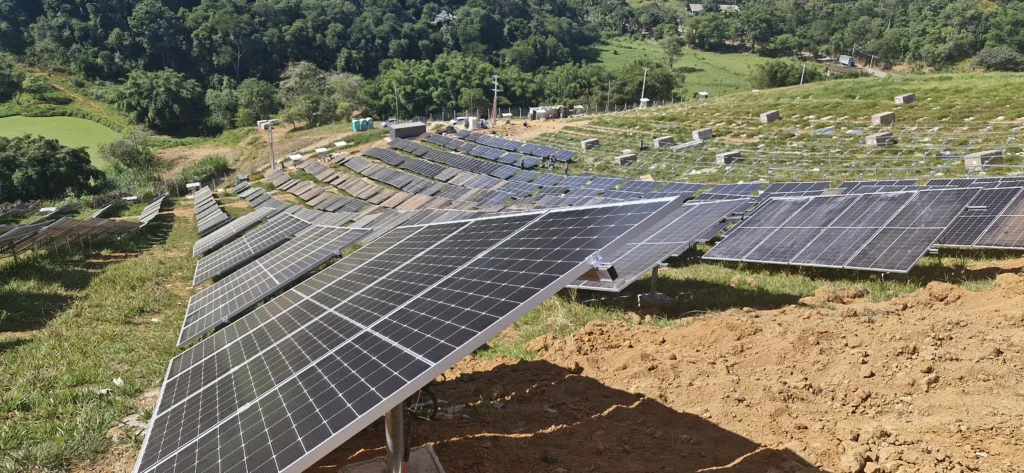
Understanding the need for solutions that overcome these technical challenges faced when installing systems in rough terrain, NTC SOMAR launched the ECOSMART, one line of photovoltaic structures designed specifically for hills.
Emerging as a significant advance in the ability to implement plants in areas with challenging topography, this solution minimizes the need for earthworks, simplifies soil drainage actions and maximizes installation efficiency.
According to Paulo Gomes, director of Engineering at the company, by adapting to the natural irregularities of the terrain, the solution offers a technical and economic alternative for projects in these areas, standing out as a promising option for photovoltaic project developers.
Below are the benefits of the solution:
- Adaptation to the terrain: ECOSMART range structures offer a standard solution that can handle longitudinal slopes of up to 10% (6º), ensuring a safe and stable installation on rough terrain.
- Economy: By minimizing the need for earthworks, ECOSMART reduces construction expenses, making it an economical choice for projects in challenging terrain.
- Ecology: In addition to reducing costs, ECOSMART facilitates obtaining environmental licenses, as it reduces the need for cuts and landfills in projects, minimizing the associated environmental impact.
“With ECOSMART, we are empowering developers to make the most of available land, regardless of its slope or irregularity, while mitigating costs and environmental impacts,” he added Felipe Santiago, Field Engineer at NTC SOMAR.
Therefore, the company stated that the solution redefines industry standards, offering a technical and economical solution to maximize solar energy potential in any topography.
About NTC SOMAR
One of leading industries in the development and manufacturing of photovoltaic structures, committed to providing innovative and sustainable solutions for the solar sector. With a team of experienced experts and a continuous focus on R&D (research and development), NTC SOMAR aims to be at the forefront of segment transformation.
Check out more information on the website: www.ntcsomar.com.br
All content on Canal Solar is protected by copyright law, and partial or total reproduction of this site in any medium is expressly prohibited. If you are interested in collaborating or reusing some of our material, we ask that you contact us via email: [email protected].


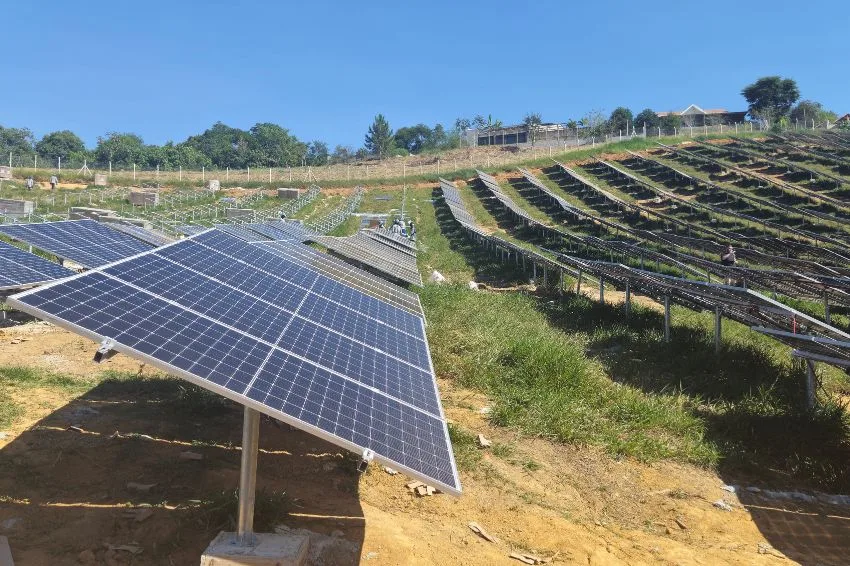

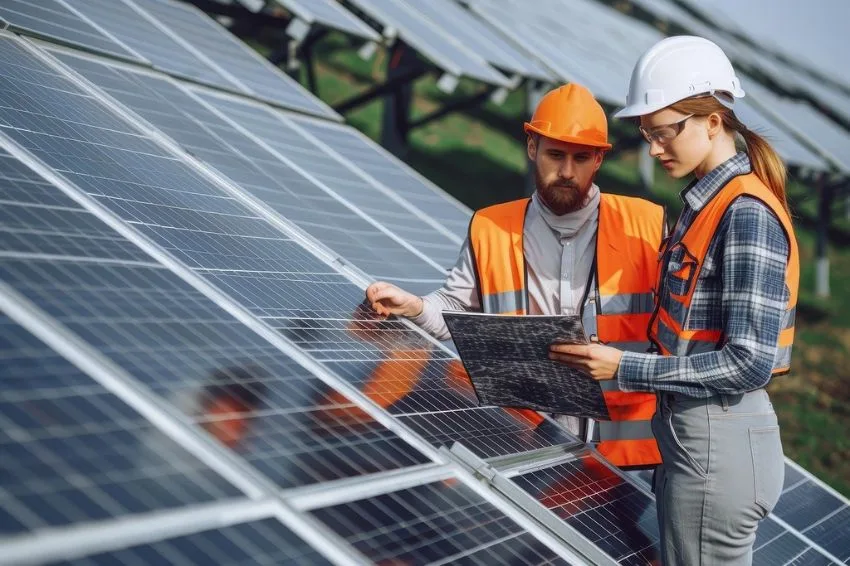
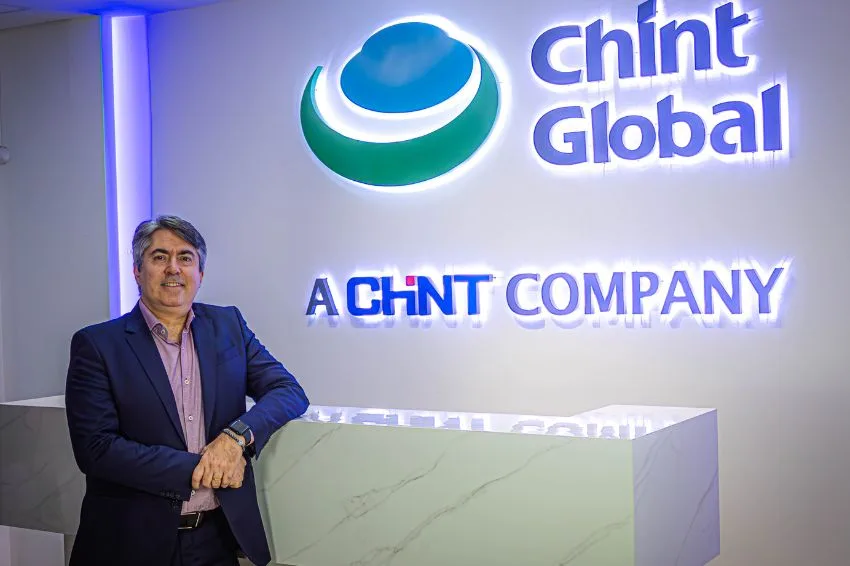
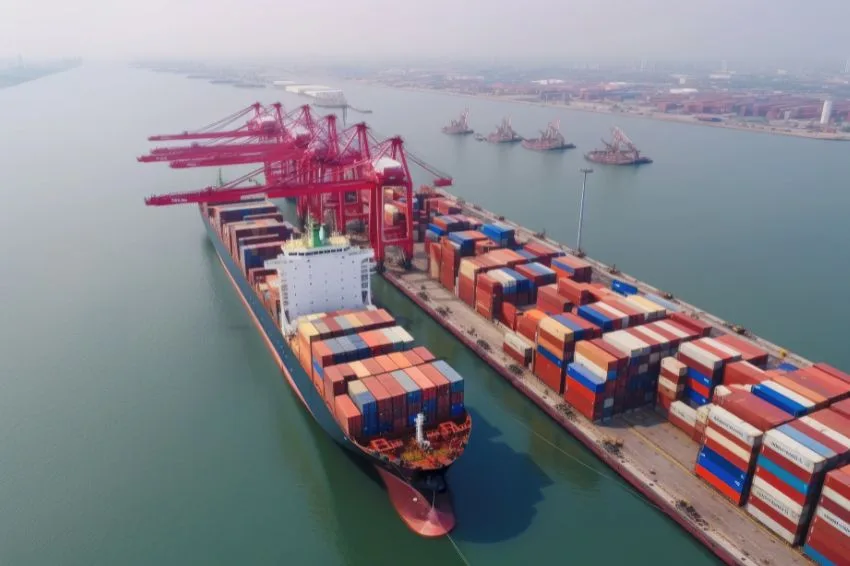
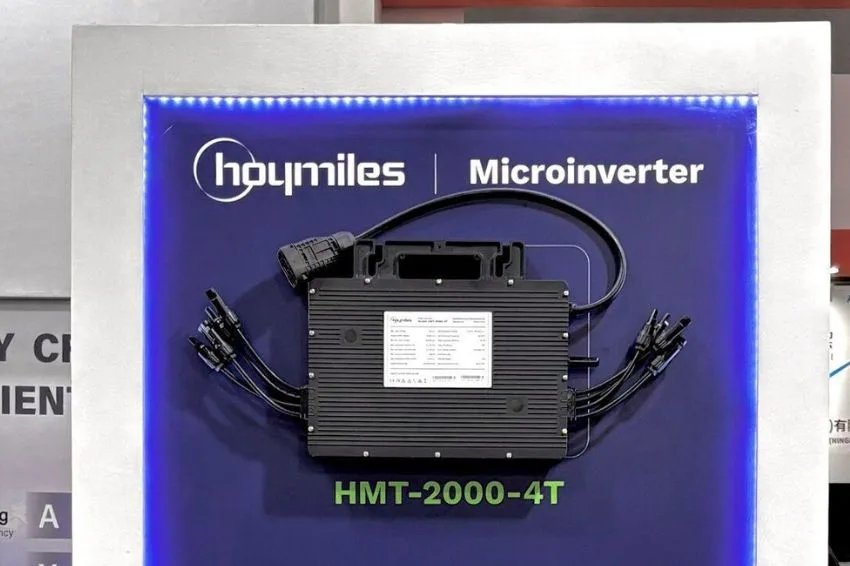
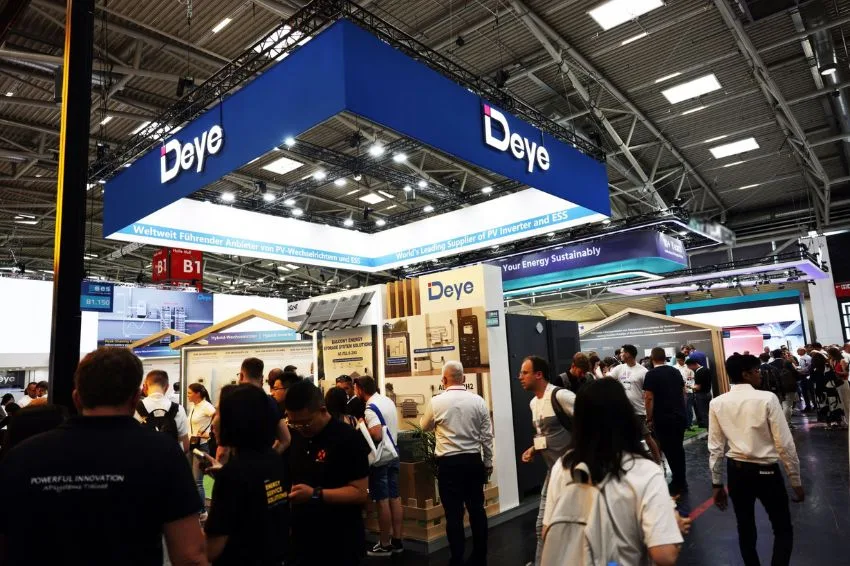
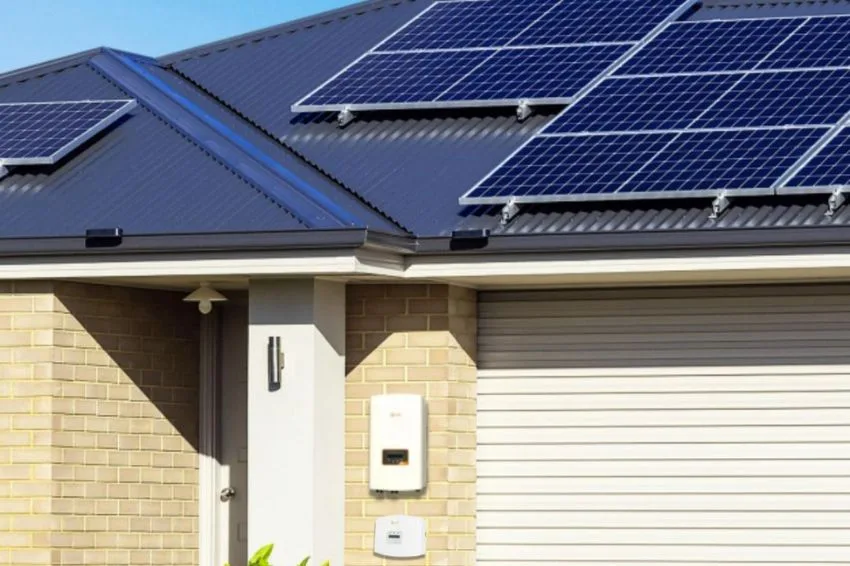







One Response
It was me who made this accidental montage, thank God, strength and determination